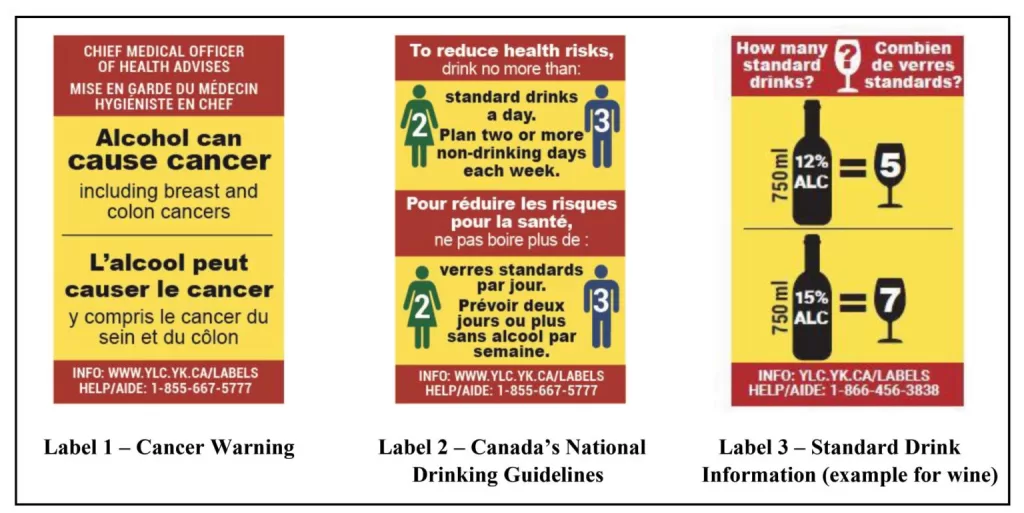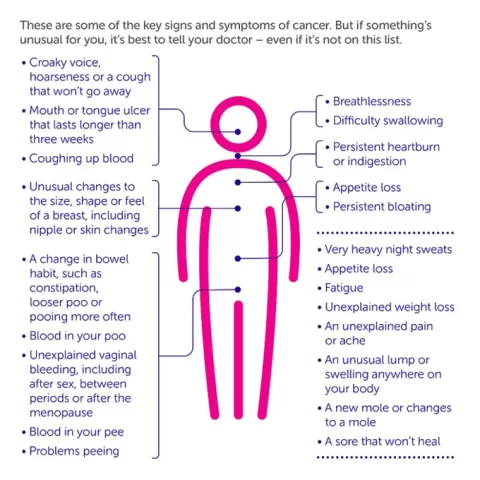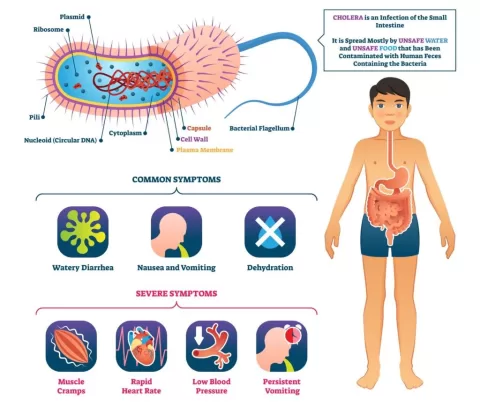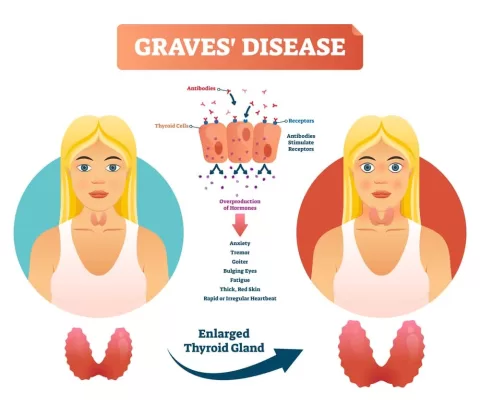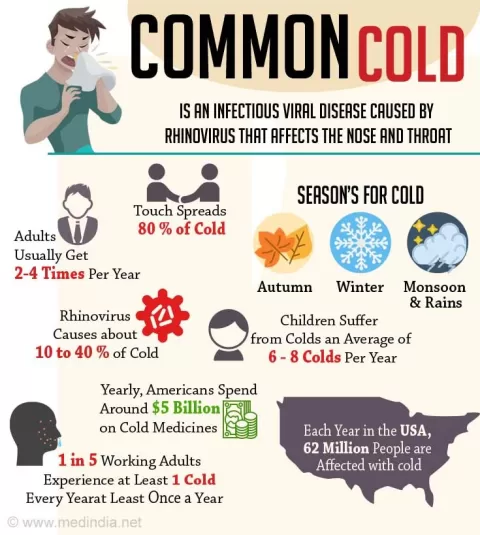The recent WHO Europe report emphasizes the crucial need for alcohol cancer warning labels to be prominently displayed on alcoholic beverages. As the discussion surrounding public health grows, the awareness that consuming alcohol can increase cancer risk is becoming more urgent. With approximately 800,000 alcohol-related deaths occurring in the European Region each year, health warning labels could empower consumers to make more informed choices. Despite existing evidence linking alcohol to various types of cancer, only a small fraction of people recognize these dangers. The implementation of mandatory labeling could significantly enhance public understanding and spark essential conversations about alcohol consumption and its health implications.
In recent discussions about public health, the importance of clear health warnings on alcoholic beverages cannot be overstated. Terms like health notification labels and cautionary warnings are gaining traction, as organizations advocate for transparency regarding the risks associated with alcohol consumption. Specifically, concepts such as cancer risk awareness are at the forefront of alcohol policy reform efforts. The push for mandatory labeling aims to bridge the knowledge gap that leaves many consumers uninformed about the dangers of excessive alcohol intake. By shedding light on these vital issues, society can foster healthier drinking habits and advocate for better health outcomes.
The Importance of Alcohol Cancer Warning Labels
The introduction of alcohol cancer warning labels is a necessary step toward mitigating health risks associated with alcohol consumption. According to the recent WHO/Europe report, these labels serve as a powerful tool to inform consumers about the direct connection between alcohol and various forms of cancer, such as breast and colon cancer. Despite scientific evidence supporting this link, public knowledge remains startlingly low. Clear labeling can bridge this awareness gap, empowering individuals to make informed decisions about their drinking habits and potentially reducing alcohol-related mortality rates in the region.
Furthermore, establishing mandatory cancer warnings is crucial, as voluntary measures have proven ineffective. Only a small fraction of European countries have adopted such labels, leaving vast numbers of people unaware of the severe risks associated with alcohol consumption. Implementing clear, dedicated cancer warnings not only fulfills a public health obligation but also enhances the effectiveness of broader alcohol policies aimed at reducing overall consumption and related health burdens.
WHO Europe Report: Key Findings on Alcohol Consumption and Cancer Risk
The WHO Europe report highlights alarming statistics regarding alcohol-related cancers, indicating that a significant portion of the population lacks awareness of these risks. For example, only 15% of surveyed individuals recognized that alcohol could lead to breast cancer, underscoring a critical need for targeted education and public health initiatives. These findings emphasize the importance of health warning labels, which can dramatically increase knowledge and understanding of the dangers posed by alcohol.
In addition, the report advocates for a well-structured alcohol policy that includes mandatory labeling as a fundamental element. By providing consumers with essential information about the cancer risks tied to alcohol consumption, these labels could foster a cultural shift regarding drinking behaviors, particularly among younger audiences. If implemented effectively, such measures could significantly diminish the stigma surrounding health conversations about alcohol use while promoting healthier lifestyle choices.
Reinforcing Health Policies Through Labeling Initiatives
The WHO/Europe report’s recommendations for mandatory health warning labels align strongly with existing health policies, such as Europe’s Beating Cancer Plan. By reinforcing the importance of visible and clear labeling on alcoholic beverages, health policies can become more impactful. This strategic initiative could also contribute to the wider goals set within the Global Alcohol Action Plan 2022–2030, which emphasizes the need for decisive actions to reduce alcohol-attributable health impacts across Europe.
Implementing comprehensive labeling requirements will not only help educate consumers but also build public support for necessary regulatory changes in the alcohol industry. As the evidence mounts, including studies that show a correlation between label visibility and reduced consumption rates, the call for mandatory cancer warning labels intensifies. Advocating for such measures could result in a significant decline in alcohol-related health risks, particularly cancers, ultimately fostering a healthier society.
Effective Design and Implementation of Health Warning Labels
According to the WHO report, the efficacy of health warning labels hinges on their design, content, and placement on alcohol products. Countries are encouraged to adopt a standardized approach that ensures labels are not only prominent but also clear and engaging to consumers. The inclusion of pictograms alongside textual warnings can attract attention and enhance understanding, particularly for those who may struggle with literacy or language barriers.
Moreover, it is essential to mandate that these labels remain consistent across all alcoholic beverages, as this uniformity will help reinforce the message and make recognition easier for consumers. Some nations are already leading the way by introducing such policies, demonstrating their potential effectiveness in raising awareness and driving behavioral change. By focusing on both the visual and informational aspects of labeling, countries can significantly contribute to long-term alcohol harm reduction.
Consumer Empowerment through Alcohol Health Labels
The introduction of health warning labels, particularly those addressing cancer risks, plays a crucial role in empowering consumers. As emphasized by WHO Regional Director Dr. Hans Henri P. Kluge, knowledge is power. When individuals are equipped with information about the dangers of alcohol consumption, they are better positioned to make informed decisions. This empowerment reflects a fundamental right to health, whereby consumers can actively choose to reduce their risk of alcohol-related diseases.
Moreover, fostering an informed public can lead to broader societal changes. Increased awareness and understanding of the implications of alcohol use can diminish the stigma surrounding discussions of alcohol consumption and its health risks. Over time, this can contribute to healthier behaviors and perceptions of alcohol, reinforcing the notion that moderation is not only advisable but necessary for a sustainable future.
Assessing the Current Landscape of Alcohol Labeling in Europe
Currently, only a small percentage of European countries have implemented health warning labels on alcohol products. This patchy adoption highlights a significant gap in alcohol policy and consumer protection. As the WHO report reveals, a mere 13 out of 53 countries within the WHO European Region have enacted such measures, leaving vast populations unaware of the associated risks of alcohol consumption. This underlines a pressing need for coordinated action across nations to address this issue.
The report’s analysis shows that consumer awareness is directly linked to the presence of these labels. Countries with comprehensive labeling policies are witnessing improvements in public knowledge relating to alcohol’s health risks. By drawing attention to these discrepancies in labeling practices, stakeholders can advocate for policy changes that ensure mandatory health warning labels are a standard feature across all alcoholic beverages within Europe.
Addressing the Public Health Crisis of Alcohol Consumption
Alcohol consumption is a major contributor to preventable health issues and represents a public health crisis in many European regions. The WHO/Europe report underscores the staggering number of deaths attributed to alcohol—the leading preventable cause of disease and disability in the EU. Effective public health policies need to prioritize risk reduction strategies, including the implementation of health warning labels that address not only general alcohol risks but also specific ones like cancer.
Policy recommendations from the WHO advocate for an integrated approach to alcohol regulation that stresses the importance of informed consumer choices. Health warning labels can play a pivotal role in this strategy, serving as constant reminders of the potential harms associated with drinking. By addressing alcohol’s contribution to health crises through education and awareness, public health initiatives can work more effectively toward reducing its overall impact on society.
Promoting a Culture of Responsible Drinking
The need for alcohol health warning labels transcends mere regulation; it is about fostering a culture of responsible drinking. As noted in the WHO report, these labels can help shift societal norms around alcohol consumption by educating consumers about the risks involved. By making the dangers of alcohol consumption more visible, we can encourage individuals to adopt healthier behaviors and choices associated with drinking.
Additionally, public support for strong warning labels indicates a growing recognition of the need for change. With more than three-quarters of survey respondents endorsing the initiative, there is an opportunity to capitalize on this momentum. Promoting discussions around alcohol consumption and its health implications can not only lead to lower rates of consumption among current drinkers but also deter potential new consumers from developing harmful drinking habits.
Ireland: A Pioneer in Alcohol Labeling
Ireland’s initiative to mandate cancer warning labels on alcoholic products marks a significant milestone in public health efforts within the EU. As the first country to legislate such measures, starting in 2026, Ireland sets a precedent that others may follow. This proactive approach reflects a commitment to addressing the health risks associated with alcohol and aligns with broader WHO recommendations for labeling as part of a comprehensive alcohol policy.
By taking this step, Ireland not only enhances consumer awareness but also positions itself as a leader in combating the public health challenges posed by alcohol usage. The hope is that this pioneering action will spur similar initiatives across the European Region, leading to standardized health warning labels that inform consumers and improve public health outcomes.
Frequently Asked Questions
What is the significance of alcohol cancer warning labels according to the WHO Europe report?
The WHO Europe report emphasizes that alcohol cancer warning labels are vital for raising awareness about the cancer risks associated with alcohol consumption. Clearly displayed health warning labels can empower consumers to make informed choices, significantly contributing to reducing alcohol-related health harms.
How does the WHO Europe report propose to improve public awareness of cancer risk associated with alcohol?
The WHO Europe report advocates for mandatory labeling on alcoholic beverages that include clear health warning labels related to cancer risk. This initiative aims to close the information gap regarding alcohol’s link to cancers like breast and colon cancer, where public awareness is currently alarmingly low.
What evidence supports the need for mandatory alcohol health warning labels?
Research cited in the WHO Europe report indicates that cancer warnings on alcohol labels enhance awareness of the associated risks significantly. In a study involving nearly 20,000 participants, those exposed to alcohol labels with cancer warnings were more likely to have discussions about the risks and consider reducing their consumption.
Which countries have implemented alcohol cancer warning labels as per the WHO report?
Currently, only 3 out of 27 EU countries and 13 out of 53 Member States in the WHO European Region have implemented mandatory cancer warning labels on alcoholic beverages. The report stresses the need for broader adoption of these labels to protect consumer health.
What are the expected outcomes of enforcing alcohol health warning labels?
Enforcing alcohol health warning labels is expected to educate consumers about the health risks associated with alcohol, improve public support for comprehensive alcohol policies, and ultimately contribute to shaping healthier social norms regarding alcohol consumption.
Why are alcohol cancer warning labels considered a fundamental element of health policies?
Alcohol cancer warning labels serve as a key element in health policies because they provide essential information to consumers, help raise awareness about alcohol-attributable risks, and encourage healthier behaviors, particularly among younger generations.
What strategies does the WHO Europe report suggest for effective alcohol labeling?
The WHO Europe report recommends that alcohol labeling be mandatory, prominently displayed, and include clear cancer warnings. It highlights that labels should be designed to be eye-catching, combining text and pictograms to convey crucial health information effectively.
What legislation has Ireland enacted regarding alcohol cancer warning labels?
Ireland has enacted a new law mandating that cancer warning labels be placed on alcohol-containing products, which will come into force in 2026. This positions Ireland as the first EU country and the second globally to implement such health warning labels on alcoholic products.
How do alcohol cancer warning labels align with broader health initiatives in Europe?
Alcohol cancer warning labels are part of broader health initiatives like Europe’s Beating Cancer Plan and the Global Alcohol Action Plan, which prioritize addressing alcohol-related harms and advocate for clear health information on alcoholic beverages to foster healthier communities.
| Key Points | Details |
|---|---|
| Alcohol Health Warning Labels | Urgent requirement for noticeable labeling on alcohol to inform consumers about cancer risks. |
| Current Awareness Levels | Only 15% of people recognize the link between alcohol and breast cancer, 39% with colon cancer. |
| Low Implementation Rates | Only 3 out of 27 EU countries have mandatory health labels on alcohol. |
| Mandatory Labelling Recommendations | Require clear and prominent health warnings on alcohol products. |
| Significance of Cancer Warnings | Cancer warnings enhance awareness, promote discussions, and may reduce consumption. |
| Consumer Preferences | A majority support health warning labels and recognize their importance. |
| Policy Framework | Support from global and European action plans to enforce labeling on alcoholic beverages. |
Summary
Alcohol cancer warning labels are essential for raising awareness about the risks associated with alcohol consumption, especially its links to various types of cancer. The recent WHO/Europe report emphasizes the need for mandatory labeling to ensure consumers are informed about the dangers of alcohol. Despite the high incidence of alcohol-related deaths due to cancer, a significant knowledge gap exists among the public. Implementing clear, standardized health warning labels can empower individuals to make informed health choices and potentially reduce alcohol consumption, fostering healthier behaviors and attitudes towards alcohol.
The content provided on this blog (e.g., symptom descriptions, health tips, or general advice) is for informational purposes only and is not a substitute for professional medical advice, diagnosis, or treatment. Always seek the guidance of your physician or other qualified healthcare provider with any questions you may have regarding a medical condition. Never disregard professional medical advice or delay seeking it because of something you have read on this website. If you believe you may have a medical emergency, call your doctor or emergency services immediately. Reliance on any information provided by this blog is solely at your own risk.



